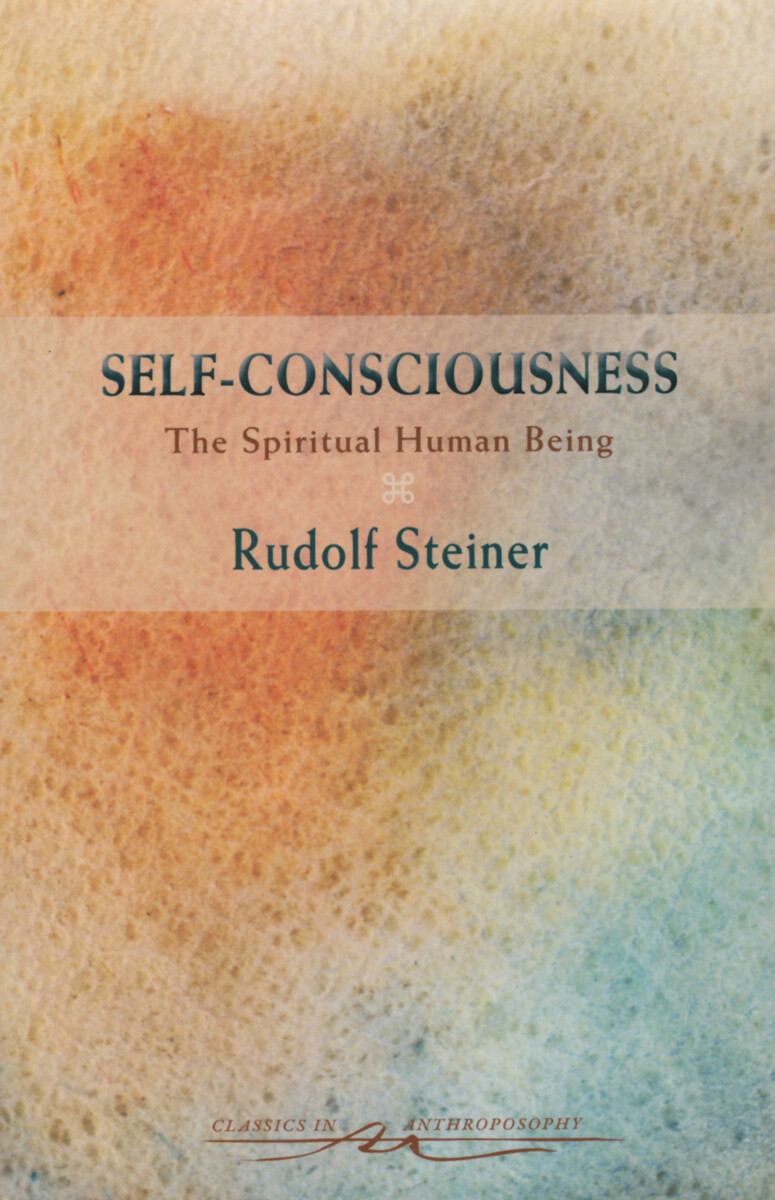Self-consciousness
The Spiritual Human Being (CW 79)
- Publisher
SteinerBooks - Published
20th October 2010 - ISBN 9780880106474
- Language English
- Pages 330 pp.
- Size 5.5" x 8.5"
8 lectures, Oslo, November 25 – December 2, 1921 (CW 79)
The lectures in this book remain valid today for a world situation ever more desperate and in need of change based on spiritual–scientific knowledge. The need for developing “consciousness of the self as the spiritual essence of the free, individualistic, single-personality human being” is one of Steiner's unique contributions to the evolving history of humankind. This book marks a real milestone on that path.
Self-consciousness is a translation from German of Die Wirklichkeit der höhren Welten (GA 79).
C O N T E N T S:
Introduction by Bernard J. GarberThe Realities of Higher Worlds
Paths Leading to a Knowledge of Higher Worlds
The Foundations of Spiritual Science
Man in the Light of Spiritual Science
World-development in the Light of Spiritual Science
Jesus or Christ
The Necessity for a Renewal of Culture
The Relationship of Man with the cosmos
The Soul Life of Man in Relation to Higher Worlds
the Development of Christian Life in Europe: The Mission of the Scandinavian Peoples
Rudolf Steiner
Rudolf Steiner (b. Rudolf Joseph Lorenz Steiner, 1861–1925) was born in the small village of Kraljevec, Austro-Hungarian Empire (now in Croatia), where he grew up. As a young man, he lived in Weimar and Berlin, where he became a well-published scientific, literary, and philosophical scholar, known especially for his work with Goethe’s scientific writings. Steiner termed his spiritual philosophy anthroposophy, meaning “wisdom of the human being.” As an exceptionally developed seer, he based his work on direct knowledge and perception of spiritual dimensions. He initiated a modern, universal “spiritual science” that is accessible to anyone willing to exercise clear and unbiased thinking. From his spiritual investigations, Steiner provided suggestions for the renewal of numerous activities, including education (general and for special needs), agriculture, medicine, economics, architecture, science, philosophy, Christianity, and the arts. There are currently thousands of schools, clinics, farms, and initiatives in other fields that involve practical work based on the principles Steiner developed. His many published works feature his research into the spiritual nature of human beings, the evolution of the world and humanity, and methods for personal development. He wrote some thirty books and delivered more than six thousand lectures throughout much of Europe. In 1924, Steiner founded the General Anthroposophical Society, which today has branches around the world.


